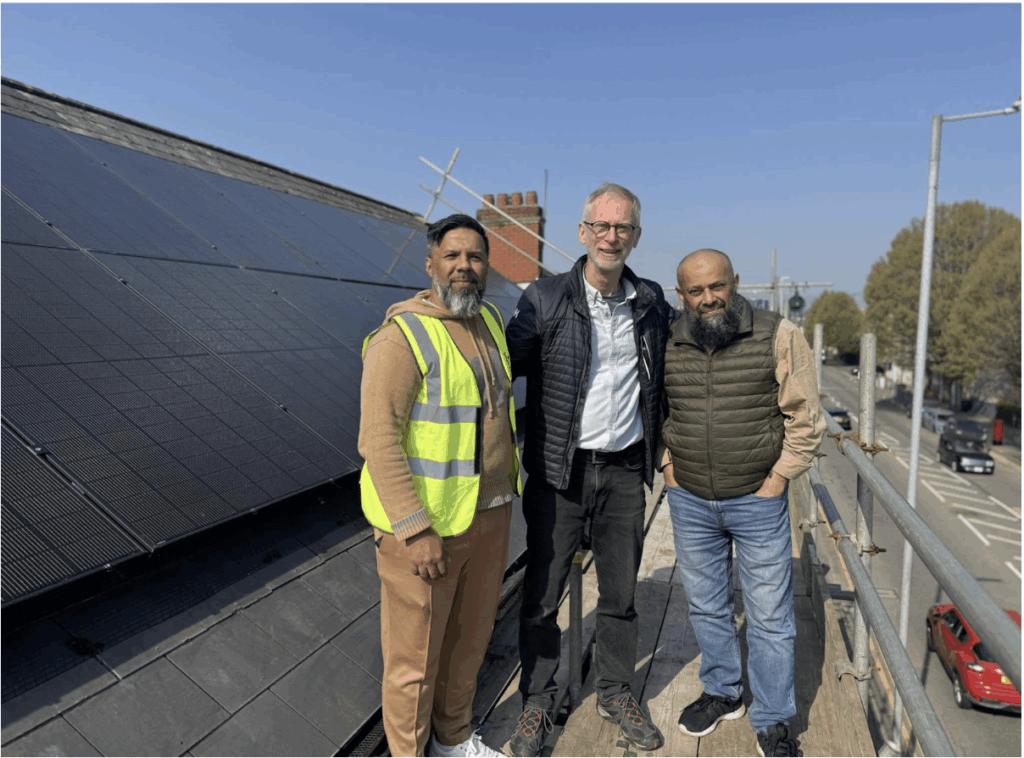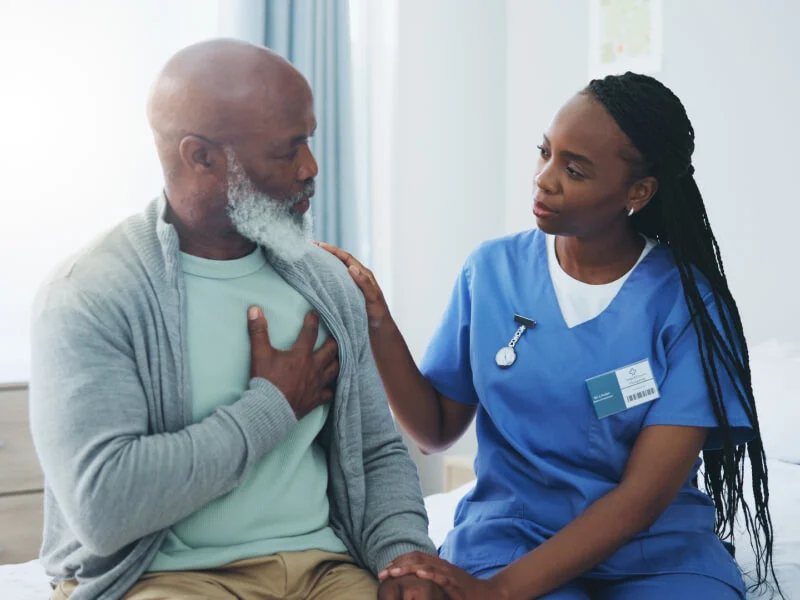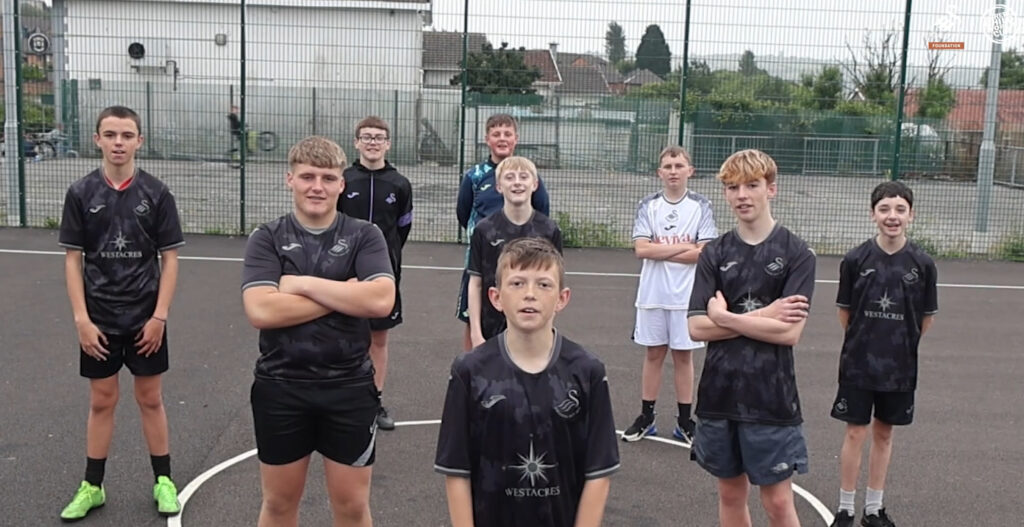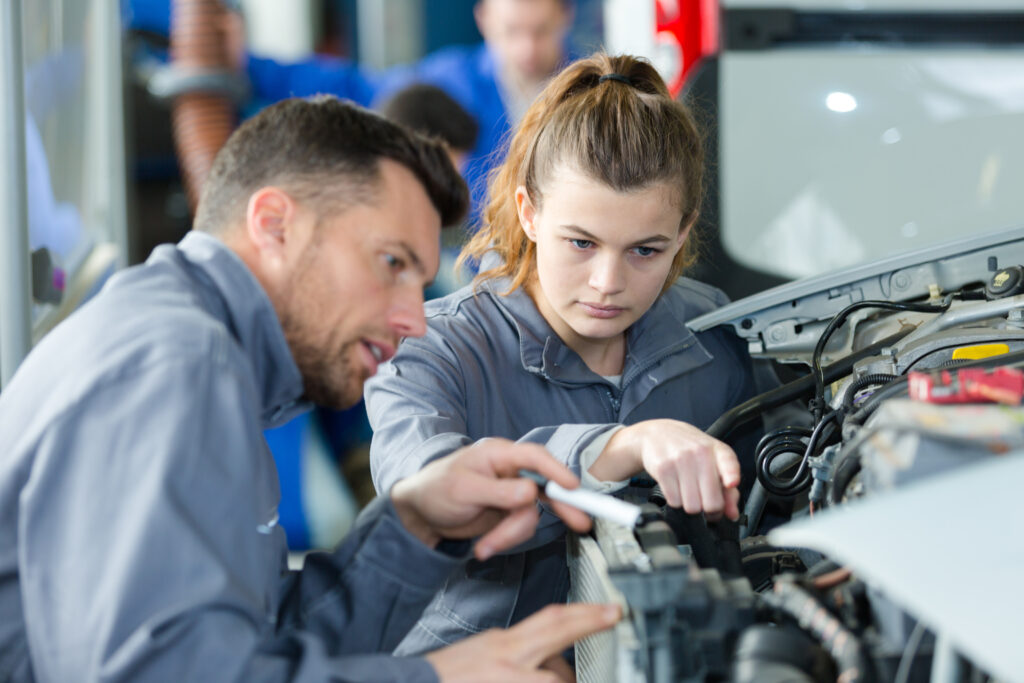YnNi Teg’s Karen Smith explains how their new Project NUR is changing the image of community energy.
When people think about community energy, normally images of wind turbines in rural areas and solar farms come to mind, not the city streets of south Wales.
In urban settings, schools and community buildings may have solar panels, but the ability to scale up the community ownership and benefits from electricity generation is often limited.
YnNi Teg is exploring the feasibility of setting up a community-owned organisation that could install solar panels and batteries with no upfront cost for residents, community organisations and businesses in Cardiff and Newport. ‘Wow, how?’ I hear you ask. That’s what Project NUR aims to find out.
Gwyrdd Bangla
It all started in 2023 when Babru Miah from the Bengal Dragons Foundation, a not-for-profit which aims to promote positive change through sports, education, healthcare, and sustainable development initiatives, approached YnNi Teg to figure out how South Asian communities could live more sustainably.
As a social enterprise, YnNi Teg helps communities to develop renewable energy assets that they can own and control, to help meet their future energy needs and provide wider benefits to local communities.
A fruitful partnership was born, which has resulted in seven mosques in south Wales benefiting from solar panel and battery installations in 2024 and 2025.
Whilst it is early days to assess the impacts of these installations, Iqra Masjid in Newport noted that, for the sunny months of May-July 2025, compared to the same period in 2023, it cut its electricity import by 83% saving £1,380. Assuming that the electricity it didn’t import was generated by the solar panels, that was equivalent to powering 6,000 5-minute showers. The reduction in carbon emissions was equal to that emitted by driving 4,200 miles in a petrol car.
As a social enterprise, YnNi Teg helps communities to develop renewable energy assets that they can own and control, to help meet their future energy needs and provide wider benefits to local communities.
Making solar and storage accessible
Project NUR emerged from this initial work with mosques as a potential means to benefit South Asian and other inner-city households, businesses and community organisations that might otherwise be unable to afford solar and battery storage.
It tackles an energy challenge, long grid connection wait times, and explores an energy opportunity, an increased emphasis on consumer-led flexibility (shifting when you use electricity) and the maturation of smart local energy systems.
Project NUR will explore how solar panels and battery systems could be offered to residents in Cardiff and Newport at no upfront cost, to help lower household electricity bills.
To get the most benefit from the solar panels and batteries, they would be connected into a wider community network using specialised software to maximise savings – a ‘virtual power plant.’ Participating homes and organisations would not need to be in the same street; the link-up is virtual via the smart software platform and can extend over a wide area.
The software platform uses machine learning to ensure that households have enough electricity stored in their batteries to meet their energy needs. It would trade electricity with the energy market, based on parameters that maximise financial benefits to participants.
Robust debate and agenda-setting research.
Support Wales’ leading independent think tank.
The aim is that a community-owned not-for-profit organisation would own and maintain the solar and storage. Participants would pay a percentage of their electricity bill savings to this organisation (a low-risk option for households), set at a level to pay off the costs of the equipment and organisation’s running costs.
Project NUR is a two-year feasibility study funded by the Energy Industry Voluntary Redress Scheme. At this stage it will engage with households via events and home visits to find out what approach would best meet residents’ needs.
It will focus on engaging with residents who would not normally be able to afford solar panels and a battery, such as low-income households, ethnic minority communities, disabled people and those living with a chronic illness.
Project NUR is open to all owner occupiers and private renters in Cardiff and Newport, including those who may not be eligible for energy efficiency grants and those with limited disposable income such as older people or those moving home.
If implemented, Project NUR could build on the Welsh tradition of creating innovative business models. It would enable diverse urban communities to own local energy generation.
It will also work with community organisations and businesses to learn about how best to offer local enterprises solar and storage with no upfront cost. This presents a holistic approach that would widen community benefit beyond participating households. It could fast track renewable installations for community organisations that lack capacity to fundraise and manage that process.
Financial modelling based on residents’ annual electricity consumption will be used to assess the viability of project implementation. Residents’ views will inform the final offer, contractual agreements, and the community-owned organisation’s structure and processes. With community input, YnNi Teg will design a practical offer and business plan, with the goal of starting installations in 2027.
If implemented, Project NUR could build on the Welsh tradition of creating innovative business models. It would enable diverse urban communities to own local energy generation. It could address fuel poverty and the cost of living crisis, involve those less able to benefit from the transition to Net Zero, provide more clean energy and benefit future generations.
The time is ripe for a Virtual Power Plant approach
As YnNi Teg explores this, it keeps in mind the possibility of expansion beyond Cardiff and Newport across Wales with no pylons or grid connections required.
But there will be some requirements to participate: a smart meter, households being willing to change tariff and shift when they use electricity to maximise benefits from their renewable system: a new energy relationship based on community-owned energy, not one for profit.
Discussions and debates that drive Wales forward.
Join Wales’ leading independent think tank.
We have a lot of questions on how to make this work. Join us in a conversation and in developing Project NUR so that it works for you and your community.
Visit the website www.projectnur.cymru for more information, to request a home visit or an event, or email [email protected].
That image of community energy is changing. We want all Welsh communities to have an opportunity to own local clean energy and beat the price hikes.
All articles published on the welsh agenda are subject to IWA’s disclaimer. If you want to support our work tackling Wales’ key challenges, consider becoming a member.





